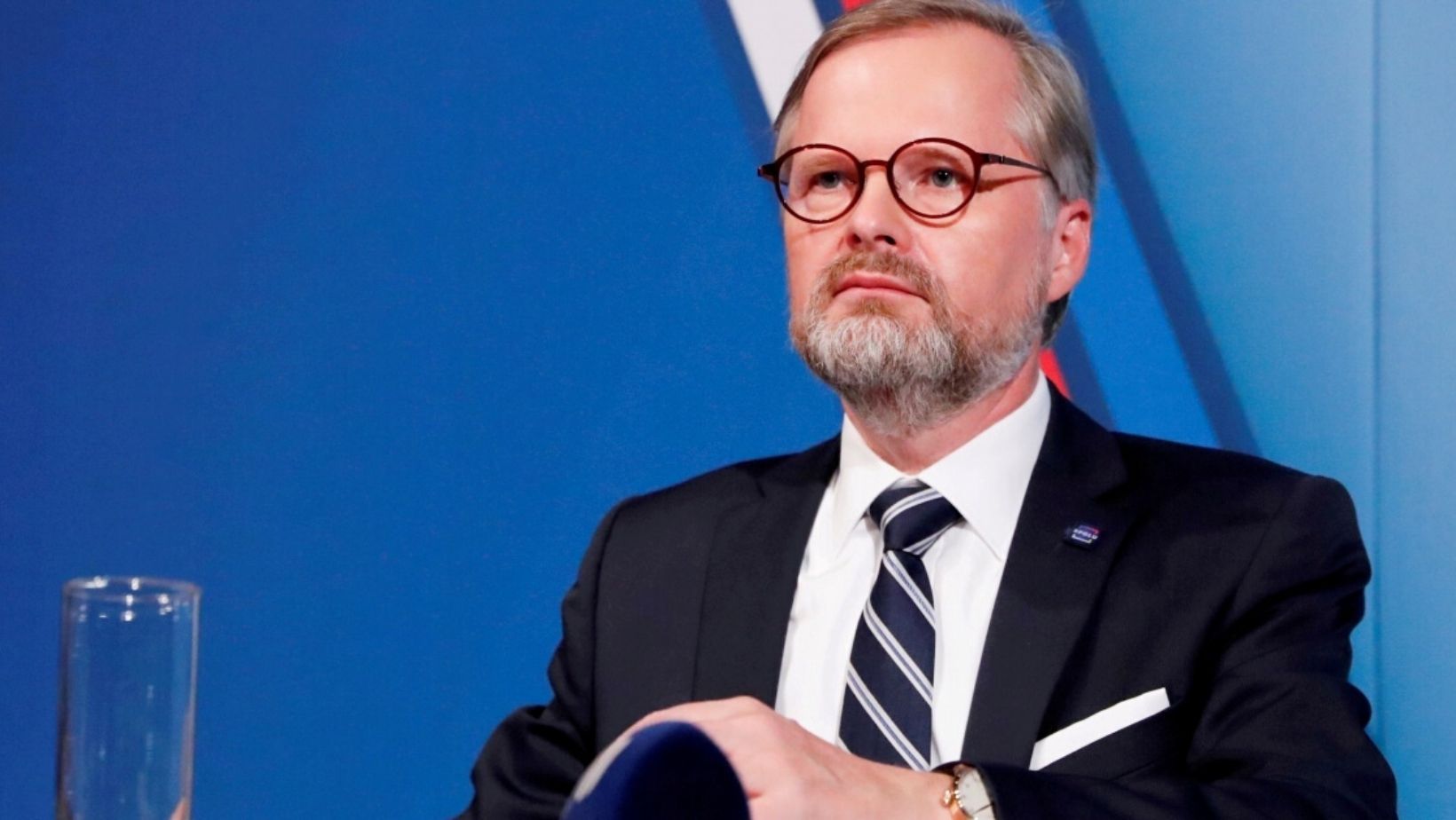On his first day in office, Czech Prime Minister Petr Fiala sent a message to capitals around the world, one heard from Brussels to Budapest to Beijing: Our country is turning west.
The message came in the form of Fiala’s choice for foreign minister, Jan Lipavský, a 36-year-old China hawk, Russian critic and vocal defender of the EU and NATO.
In late October, he pledged to “pursue a renewed human rights tradition,” and vowed “strong cooperation at the EU and NATO level.” He specifically called out Russia and China as both representing a “threat to the Czech Republic,” arguing Czech foreign policy had to “properly reflect this.”
The Czech Republic, he argued, had surrendered some of its principles in recent dealings with Russia and China. The country’s current relationship with the Kremlin, he added, is useless.
Perhaps most notably for China, Lipavský favors deepening ties with Taiwan, a self-ruling island Beijing considers part of China. In October, Lipavský called Taiwan “an important economic partner of the Czech Republic … many times more important than the People’s Republic of China.” The statement will certainly rile Beijing, which has punished other EU countries such as Lithuania for warming to Taiwan.
In addition to disagreements over Russia and China, the new foreign minister was also against the president’s plans to move the Czech embassy in Israel from Tel Aviv to Jerusalem, as the United States did under former President Donald Trump.
“The establishment of an embassy in Jerusalem as such would be in conflict with international law and the common position of the EU,” Lipavský told the lidovky.cz server.
According to political analyst Jiří Pehe, director of New York University in Prague, Fiala’s electoral victory was a watershed in the Czech Republic’s transition from what he calls a post-Communist nation to a Western democracy.
“The defeat of Babiš, which will soon be followed by the departure of Zeman, therefore marks, in symbolic terms, the end of post-Communism in the Czech Republic,” Pehe said.
Support Prague Morning!
We are proud to provide our readers from around the world with independent, and unbiased news for free.
Our dedicated team supports the local community, foreign residents and visitors of all nationalities through our website, social media and newsletter.
We appreciate that not everyone can afford to pay for our services but if you are able to, we ask you to support Prague Morning by making a contribution – no matter how small 🙂 .




